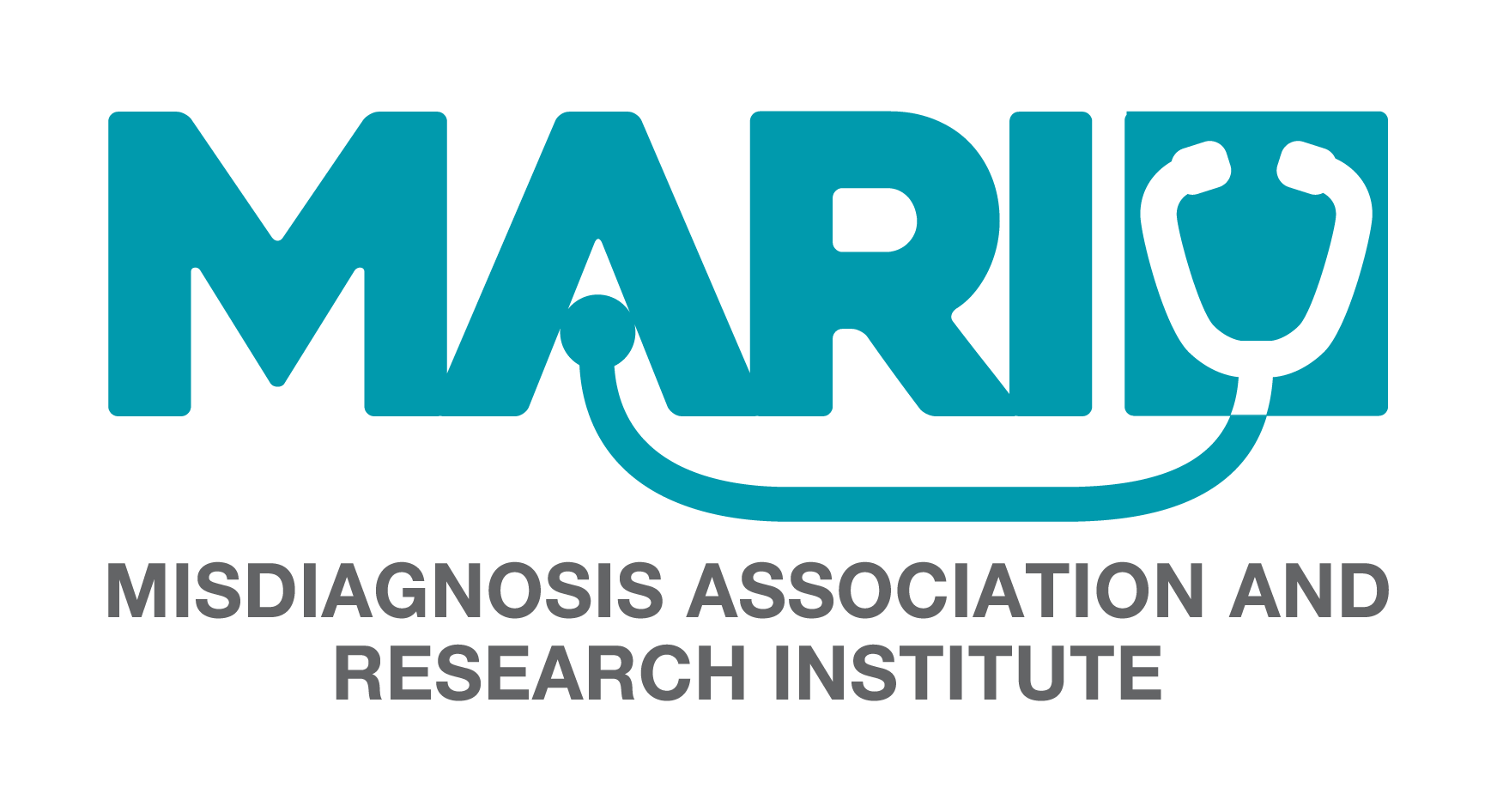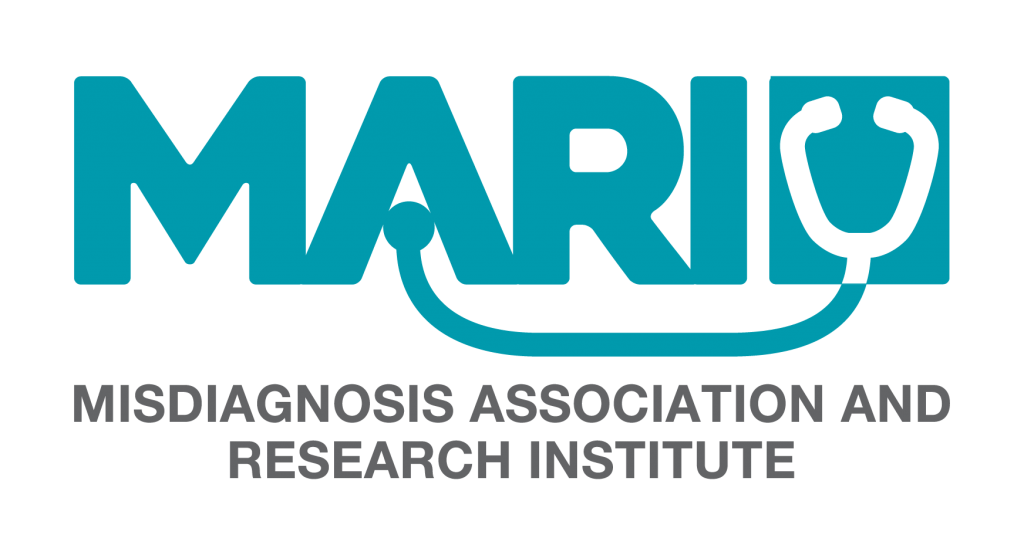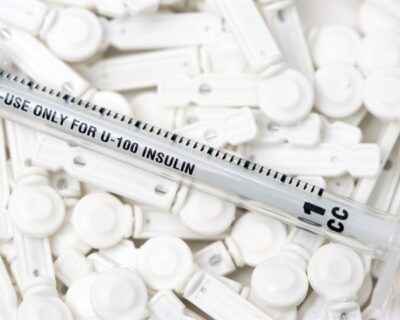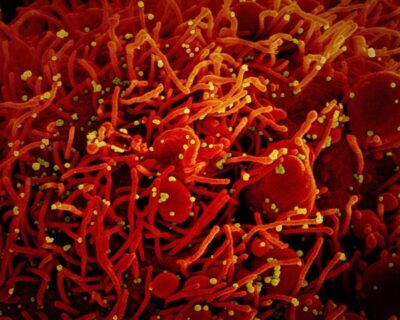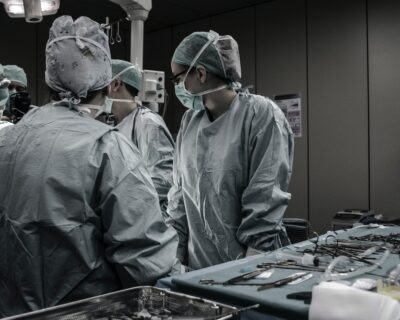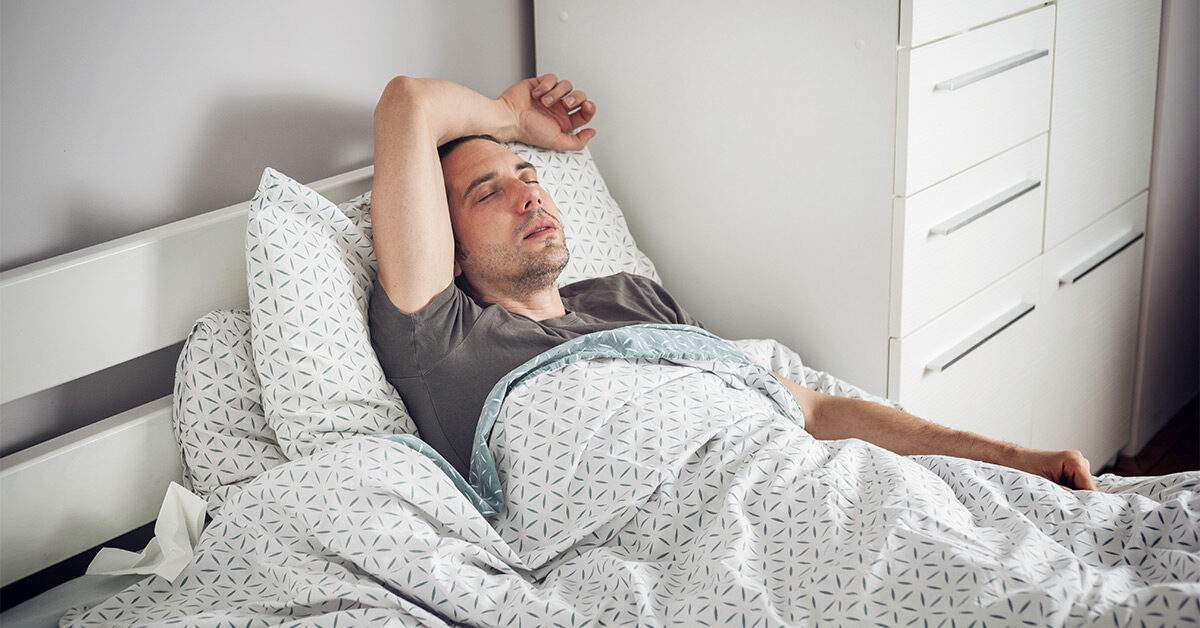
Recovering from days of sleep deprivation can take up to a week.
- Adults in the United States suffer from sleep deprivation on a regular basis.
- It has also been related to a number of health problems, including hypertension, metabolic syndrome, and diabetes.
- According to a new study, 7 days of recuperation is insufficient for people to return to normal function after 10 days of deprivation.
- People may also overestimate how well they have recovered from sleep deprivation, according to experts.
In the United States, sleep deprivation is very frequent.
According to the American Sleep Apnea Association, 70% of American people do not get enough sleep at least once a month. Furthermore, 11% of people say they don’t get enough sleep every night.
A recent study reveals that if you have been sleep-deprived for a long time, it may take more than sleeping in on the weekend to make up for it.
The subjects’ baseline reaction speed was recovered after a 10-day sleep deprivation period followed by a 7-day recovery period, according to the study. They had not entirely recovered on any of the other functional metrics, though.
According to Jeremi Ochab, Ph.D., an assistant professor at Jagiellonian University in Krakow, Poland, sleep deprivation has been connected to several serious health issues, including cardiometabolic illnesses like high blood pressure, metabolic syndrome, and diabetes mellitus.
It’s also been connected to neurobehavioral disorders like attention deficits, slower working memory, decreased cognitive ability, and depressed mood.
What was unknown, however, was the length of time it took to recover from sleep deprivation. Ochab and his team set out to find a solution to this question.
The study looks at recovery from sleep deprivation
To learn more about this issue, Ochab and his colleagues conducted a small study involving several healthy persons.
For ten days, study participants were urged to intentionally limit their sleep.
They were then given seven days of rest during which they were allowed to sleep as much as they wanted.
Participants wore wrist sensors to track their daily sleep and activity habits in their typical setting for the study.
They also got daily electroencephalography (EEG) tests to track their brain activity.
They also completed daily tasks (Stroop tasks) in order to assess their reaction times and accuracy.
The individuals’ brain activity — rest vs activity patterns and accuracy on Stroop tests — had not returned to normal after the recovery period.
The only metric that had recovered to its prior level was their reaction time.
Recovery from sleep deprivation may take longer than we anticipate.
According to the study, sleep deprivation has an impact on us, and it may last longer than we think.
According to Ochab, “your actual performance in tough jobs can be lowered.” “And your behavioral patterns may be slightly disrupted for up to a week after a period of partial sleep loss.”
Your subjective perception of how well you’ve recovered, according to Ochab, may not be accurate. Although testing suggested they had not entirely recovered, he claimed study participants stated that their regular mood and tiredness had returned.
Although not a participant in the study, Kimberly Fenn, Ph.D., an associate professor in the Department of Psychology at Michigan State University, did point out that the study had a limited sample size and should be read with caution.
However, she said that it is in line with what many sleep scientists believe: insufficient sleep might have long-term consequences.
“I believe that this study, together with others, raises a critical question about the extent to which people may recover from sleep loss,” Fenn said. “I believe the study exposes the public to the consequences of sleep deprivation, even though it is underpowered and needs to be replicated.
How to ensure you are getting enough sleep
There are various things you can do, according to Fenn, to guarantee that you get adequate sleep.
Set a reasonable bedtime.
Most individuals sleep too little throughout the week and then try to make up for it on weekends, according to Fenn. She recommends establishing a bedtime that permits you to obtain adequate restful sleep.
Adults need between 7 and 9 hours of sleep, according to the Sleep Foundation.
Make sure your bedroom is cold, dark, quiet, and comfy.
According to Fenn, the best temperature for sleeping is 65 to 68°F (18.3 to 20°C). She also stressed the importance of having a comfortable mattress, sheet, and bedclothes.
Caffeine and alcohol should be avoided.
Caffeine and alcohol should be avoided within 8 hours of the night, according to Fenn. While alcohol can help you fall asleep, it can also suppress the REM sleep, causing you to wake up in the middle of the night and have difficulty falling back asleep, according to her.
Screens should be avoided. 1–2 hours before bedtime
According to Fenn, light decreases melatonin production, making it more difficult to fall asleep. Even more than conventional light, the blue light emitted by items such as a phone can decrease it.
